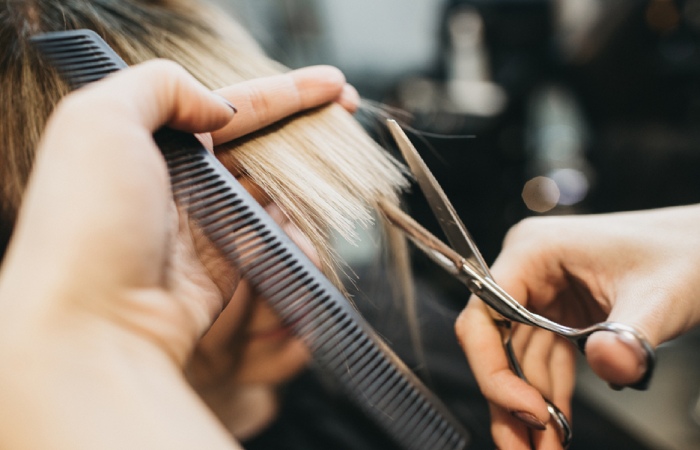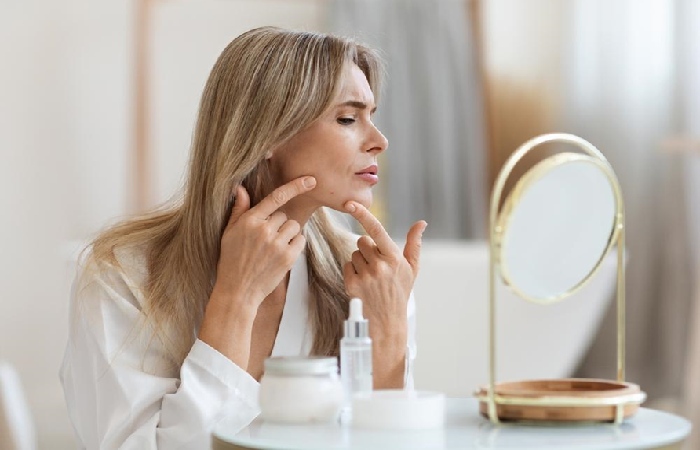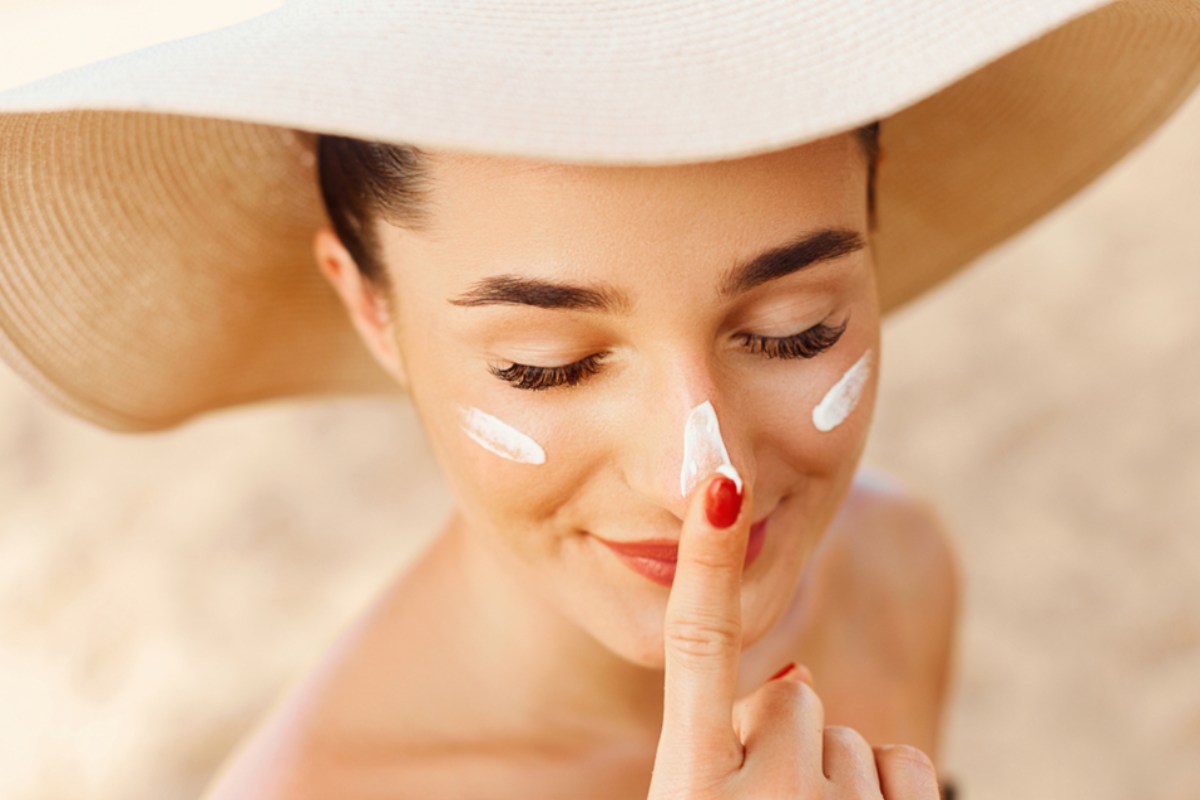There’s lots of hype swirling around the beauty industry, which can make it tough to discern truth from fact. If you’re not sure which tips and advice are false and which are real, we’ve helped you out by rounding up 10 of the most common beauty myths that aren’t true. Here are 10 beauty myths that you shouldn’t believe:
Table of Contents
“Oily skin doesn’t need moisturizer.”
This myth claims that oily skin types make too much oil already, so they don’t need to apply more skin tightening cream on top of it. In truth, not using a moisturizer can make oily skin even more greasy: If the skin gets dried out, then it might kick sebum production into overdrive in order to compensate. Moisturizers also include multiple other beneficial ingredients that your skin doesn’t naturally produce, making them a must-have step in any skincare routine.
“Sun exposure is good for acne.”
While sun exposure might temporarily reduce sebum reduction and acne lesions that can be caused by excess oil, it’s bad for your skin in the long run. Sun exposure worsens inflammation and hyperpigmentation, which makes blemishes slow to heal and can result in scarring. Sun exposure is also one of the biggest contributors to visible signs of aging, so you might find yourself trading a temporary reduction in breakouts for permanent wrinkles and fine lines.
“You only need sunscreen in the summer.”
If you only spend time outside in the summer, then it stands to reason that you only need to wear sunscreen then, right? Wrong. You should be wearing sunscreen every single day no matter the season (even on cloudy days) to protect against UV damage and slow preventable signs of aging. Choose a sunscreen with at least SPF 30 and reapply every few hours to ensure adequate protection.
“You don’t need to use anti-aging skincare until middle age.”
Lots of people believe that you don’t need to worry about anti-aging skincare until you begin to show signs of aging. The truth is that the best time to start using anti-aging skincare is right now, regardless of whether or not you are beginning to show visible signs of aging. Using retinol as early as your 20s can have major preventative effects for your skin, and the earlier you start anti-aging skincare, the more benefits you will see in the long run.
“Shaving your hair will make it grow back thicker.”

Hair growth rate and pattern is controlled by the hair follicle, which shaving doesn’t affect. This means that shaving either your body or your face will not make your hair grow back thicker, faster, or darker. However, it may seem that way because shaving cuts the hair in half, so it has a blunt end instead of naturally tapering off, which can make it feel thicker than it would otherwise.
“Cutting your hair will make it grow faster.”
On a similar note, you may have heard that trimming and cutting your hair will make it grow back faster. Unfortunately, cutting your hair does not affect the rate at which it naturally grows, so this is one beauty hack that’s completely a myth. If you’re on a quest to achieve longer hair, you’ll have to wait for it to grow to the desired length. So you might also want to consider taking enough supplements to ensure that you’re getting enough vitamins and minerals.
“You need to switch up your hair care often.”
You may have heard that you need to switch out your shampoo and conditioner every few months because your hair “gets used to it.” Hair is not a living thing, so it can’t develop a tolerance for ingredients the way your skin sometimes can. This means that there’s no reason to switch out your hair care products as long as they’re still working for you. You can keep using the same shampoo and conditioner for years if you want to!
“Your concealer should be lighter than your foundation.”

While you do want a lighter concealer for highlighting and contouring, if you’re trying to cover up a blemish, a lighter concealer will only draw attention to it and make it difficult to blend into your foundation. Instead, you should match your concealer to your foundation. Your foundation should also be matched to your neck so you can blend it down your jawline seamlessly instead of looking like you’re wearing a face mask. By matching the shades, you’ll be able to flawlessly blend everything together for a beautiful makeup look.
“Wearing makeup causes breakouts.”
Speaking of makeup, you may have heard that wearing it causes breakouts. While having an allergy to one of the ingredients in makeup products can sometimes result in a breakout, these reactions aren’t super common. Instead, the issue typically lies in not completely removing makeup at night and not fully washing your face to remove any remaining residue that might clog pores. If you have an effective double cleanse, then wearing makeup every day shouldn’t cause skin problems.
“DIY beauty remedies are better for you.”
The DIY beauty boom has inspired many people to play cosmetic chemist at home, mixing together ingredients in their kitchens and slapping their homemade concoctions on their faces. Unfortunately, DIY beauty can actually harm your skin since it’s not specifically formulated for topical application. For instance, lemon juice can cause a chemical burn when applied to your skin. It’s best to stick with cosmetic products that have been specially formulated and tested.
What other beauty myths have you heard, or even believed in for a while? What are your least favorite beauty myths? Let us know in the comments below!

